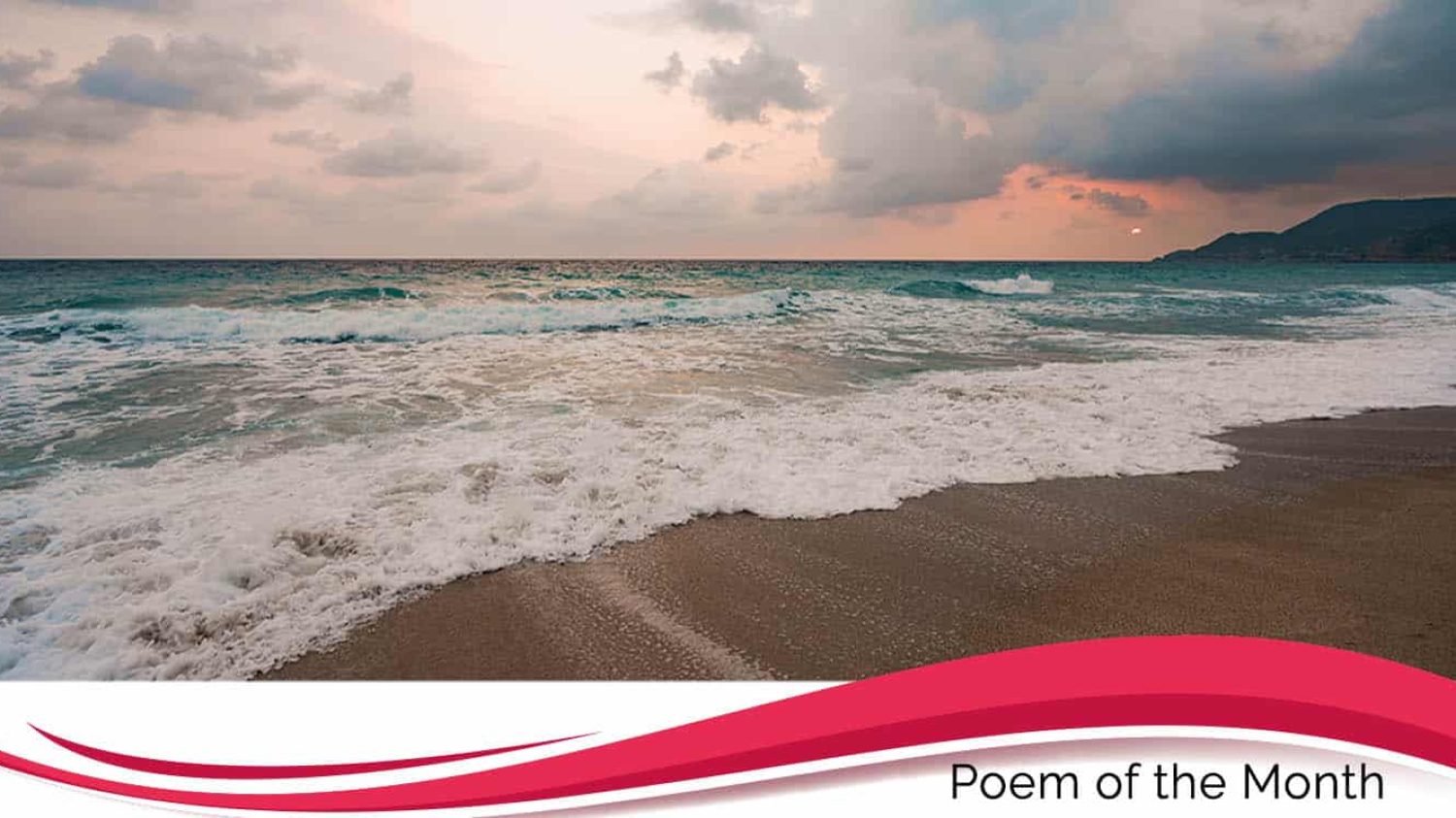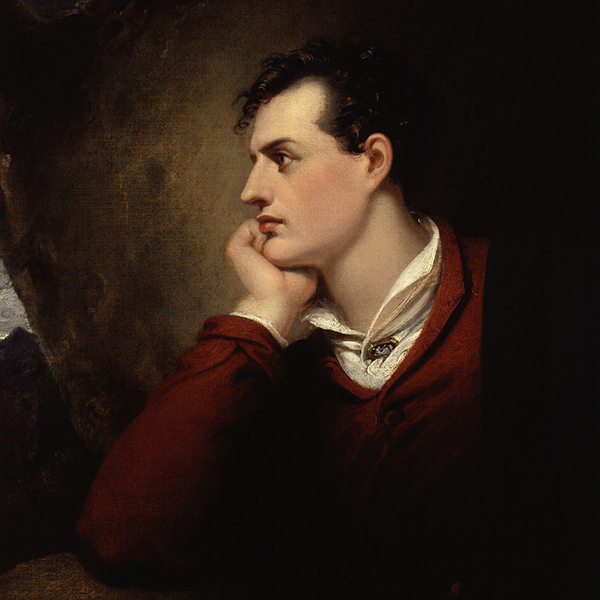In my teens I fell in love with some lines by Lord Byron, so for this month’s poem, I’m actually giving you part of a poem, as the full work is way too long for this newsletter.
Childe Harold’s Pilgrimage by Lord Byron (Canto IV)
There is a pleasure in the pathless woods,
There is a rapture on the lonely shore,
There is society where none intrudes,
By the deep Sea, and music in its roar:
I love not Man the less, but Nature more,
From these our interviews, in which I steal
From all I may be, or have been before,
To mingle with the Universe, and feel
What I can ne’er express, yet cannot all conceal.
The lines come from Canto IV of Byron’s Childe Harold’s Pilgrimage. Man is naturally a social creature, but I think we all experience moments when we simply need to be alone, and to be alone in a beautiful place – the woods, on the beach – makes the experience even more special. Byron is expressing the belief that we need to go to nature, for spiritual refreshment, for calm, for rejuvenation. When he was writing, this was a new and radical idea – it was Romantic poets, such as Wordsworth and Byron, who asserted the power of nature to restore our spirits and make us feel better. I always find that when I take a walk in some lonely and beautiful place, that Byron’s wonderful words come into my mind. There is indeed a “rapture by the lonely shore”.
Childe Harold’s Pilgrimage was published between 1812 and 1818, in four long cantos. It was the work that made his name – in Byron’s words: “I awoke one morning and found myself famous”. It’s about the journeys and reflections of a world-weary young man, partly based on Byron himself (in fact, he worried about having it published, as it revealed so much of himself). Harold roams around Europe, loving the scenery but feels disenchanted with the world.
I especially love these lines for their musicality, the delight in solitude and the beauty of nature. I felt, when a teenager, that somehow Lord Byron understood my need to head to the beach and think about its loveliness, revelling in my own company and all the thoughts of great literature teeming through my brain.
I was intrigued by his “mad, bad, and dangerous to know” personality, fascinated by the way women responded to his sexiness and Romantic glamour, and I adored reading his poetry. Byron was one of the major poets of my teenage years, and I still love to lecture about his life and works, and read his amazing poems.
There are a lot of YouTube recordings of the lines on the internet, but most are pretty awful. Here’s one you can listen to, which is OK:
Did you enjoy this poem? Let me know by leaving a comment.
Selected links for relevant websites, books, movies, videos, and more. Some of these links lead to protected content on this website, learn more about that here.
Childe Harold’s Pilgrimage by Lord Byron
Childe Harold’s Pilgrimage by Lord Byron
Susannah Fullerton: Lord Byron & She Walks in Beauty
Susannah Fullerton: Lord Byron & So We’ll Go No More a Roving
Susannah Fullerton: Lord Byron & The Destruction of Sennacherib
Susannah Fullerton: Lord Byron is born
Susannah Fullerton: Lord Byron dissolves his marriage
Susannah Fullerton: Lord Byron proposes a literary challenge
Historic UK: Lord Byron
Poetry Foundation: Lord Byron


Miland Joshi
This reminds me of the words of John Muir: ‘Climb the mountains and get their good tidings. Nature’s peace will flow into you as sunshine flows into trees. The winds will blow their own freshness into you, and the storms their energey, while care will drop away from you like the leaves of Autumn.’ (from The Mountains of California, which is both in print and on archive.org). Not being a mountain climber or explorer I’ll take Muir’s word for it. 12 miles North of San Francisco there is the Muir Woods National Monument where there is a plaque commemorating the conference that founded the United Nations as well as the memory of Franklin Delano Roosevelt.
Susannah Fullerton
That’s a lovely quote. I must visit that park next time I am in California.